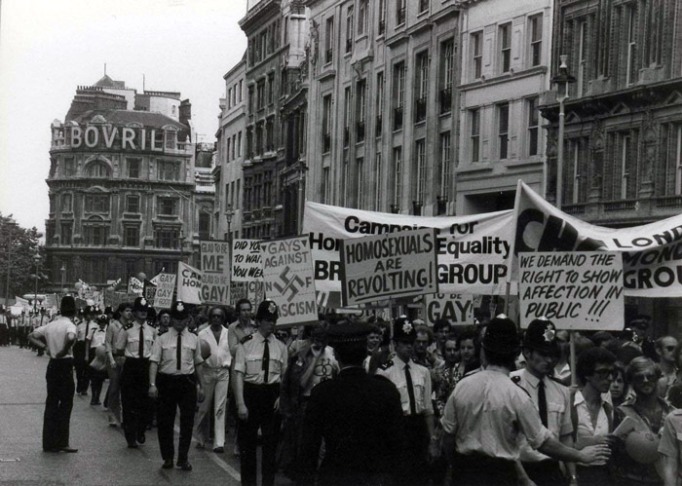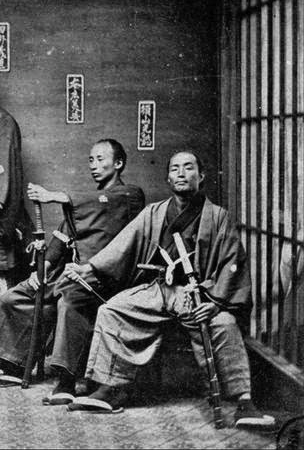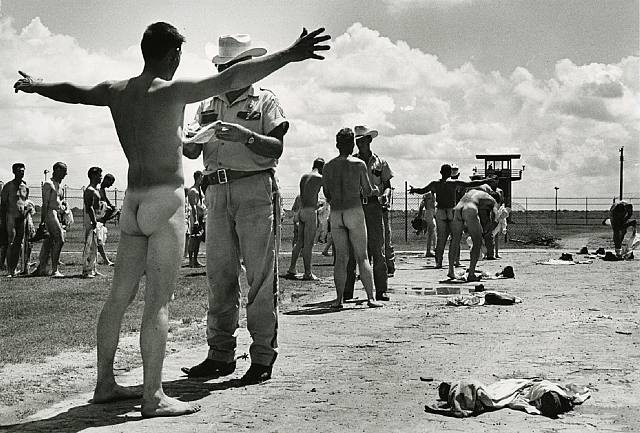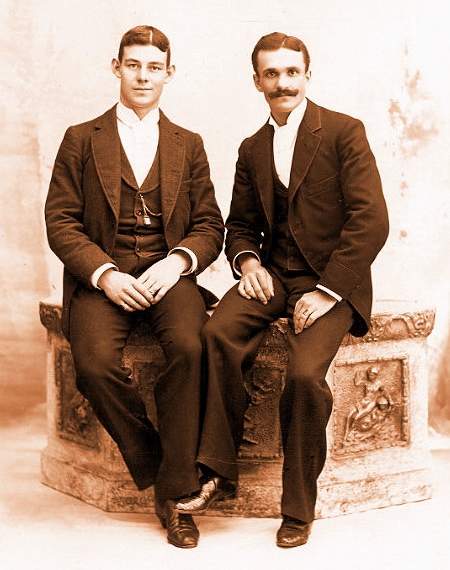[The following is an excerpt from “Making History: The Struggle for Gay and Lesbian Equal Rights, 1945-1990, An Oral History” by Eric Marcus, HarperCollins, 1992.]
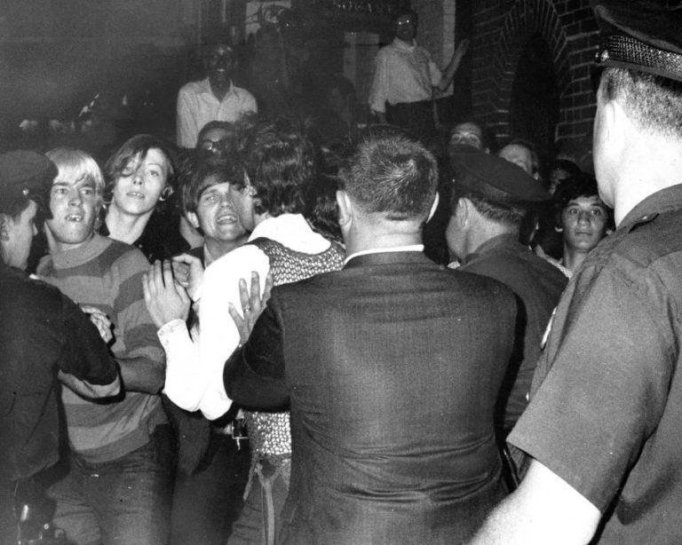
Morty Manford had little interest in politics in the late 1960s. In 1968, he was a hardworking seventeen-year-old college student at Columbia College who spent his spare time in gay bars in Greenwich Village. Marginally involved in the gay student group at Columbia, he did not become active in the movement until 1970, nearly a year after he witnessed the Stonewall Inn riot. Once he had been drawn into the gay movement, however, it became his life, inspiring youthful outrage that led him to drop out of school to join his “sisters and brothers in the struggle for gay liberation.”
Now a lawyer working for the New York State attorney general’s office, Morty Manford was raised in a quiet, semisuburban neighborhood in Flushing, Queens, in the same house he now shares with his widowed mother, Jeanne. Morty is a handsome man of medium build, with short brown hair. He measured his words carefully before speaking:
Before I became involved in the gay rights movement, I first had to come out. That battle was intense. It was a personal civil war that started around the age of fifteen or sixteen. The conflict was over trying to repress my homosexuality in order to conform to society’s values. I remember extremely intense mental activity all the time.
Continue Reading
